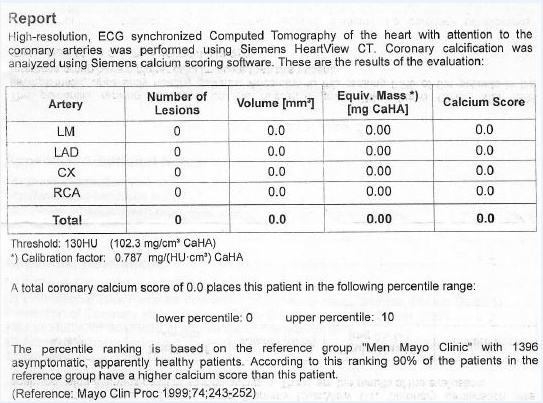I hope this makes sense:
I don’t own a ketone meter nor do I track macros because I don’t want to dread eating. Sometimes I wonder if I’m under 20 carbs a day since those incidentals can add up. My blood sugar stays under 100 after meals and I’ve maintained my weight at 130 pounds for 6 months (started at 145). I guess my question is if I have days when I’m not in ketosis, what damage can I do by eating a high fat meal while out of ketosis? I always assume once you convert to using fat for energy you can’t make mistakes otherwise you confuse your body. I’m sure this theory I’ve dreamed up is senseless. The same way I assumed cholesterol you eat goes straight to your veins eventually clogging them up.




